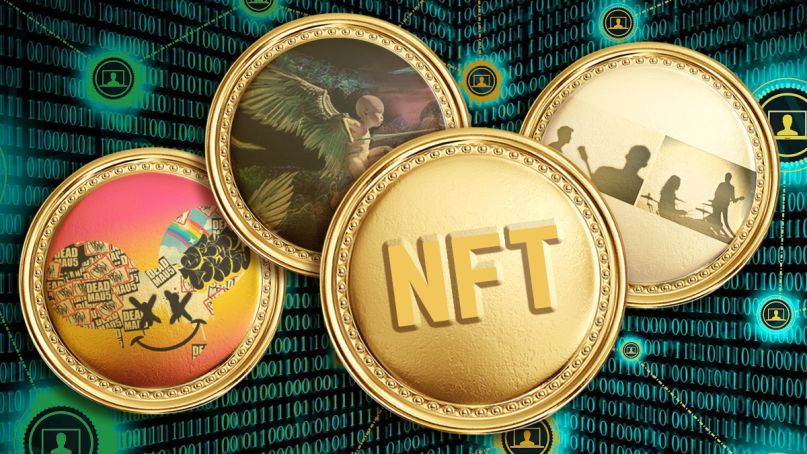February 2021 has fixated a new light on a technology called NFTs also known as Non-Fungible Tokens. An NFT is a record of who owns a sole piece of digital content. That digital content can be anything from art, music, graphics, tweets, memes, games – pretty much anything digital. If it’s digital and it was made, it can be an NFT. It’s ‘non-fungible” because it can’t be freely exchanged for a comparable good at a similar price.
When somebody “mints” an NFT, they make a file that lives on the blockchain. The loveliness of this technology is that once that happens it can’t be copy and pasted, edited, erased, or otherwise manipulated. It’s the original creation, and while copies of the content can be made and distributed, they are not the original and thus, have less worth.
When folks think of blockchain, they directly think of Bitcoin, which is also constructed on blockchain technology. NFTs use a different cryptocurrency coin called Ethereum, which means that you must first buy Ether in order to buy an NFT.
Here are a few different industries where NFTs can be applied?
Gaming — Players can use the NFT to trade their digital assets and receive more points or scores by playing video games. The tokens will be authenticated and certifiable to all the partakers of a game. Users can apply their gaming prowess to the fullest degree and generate income on a real-time basis. It can be used in the game to buy weapons, vehicles, and characters. This can also create a well-organized gaming market in the future, where users fascinated with the virtual world will be able to buy many games and compete aggressively.
Artwork — Artists can also make use of NFT and display it to their potential buyers. The token will encompass all the details like the date of origin, prior history of ownership, data about the specific artist, and the assets’ entire value. Artists can get the real market value for their work in the form of peer-to-peer payments and need not depend on the services of any mediators or third parties.
Media and Entertainment — Piracy, copyright violation, and plagiarism are important challenges disturbing the media and entertainment industry’s growth. NFT can use blockchain technology to stop such fraud, making duplicating ideas, and creative work impossible.
Electronic music producer 3lau sold 33 NFTs for a total of $11,684,101, which encompassed a platinum-plated vinyl record redeemable for a custom song by the artist as well as exclusive access to unreleased music and a bonus physical vinyl disc.
Daft Punk issued numerous collectible NFTs on the Rarible platform before publicizing they broke up. Grimes sold 10 art pieces, one for almost $400,000, while the secondary market (which is flourishing) for the works brought in $2.5 million. Linkin Park’s Mike Shinoda sold a digital piece of art for $30,000. Many artists, seeing the potential income, are justifiably interested in the following suit.
NFTs can also play a dynamic role in event management, digital asset management, licensing, taking care of credentials, maintenance of gorgeous collectibles, and the sports industry to store the records of teams and players.
But There Are Concerns
NFT sales bring up a number of somewhat mutual issues that are dealt with simply in the non-crypto world that don’t appear to be understood through here. For one, how are royalties considered and paid? While the artist profits from the sale, how are co-writers, publishers, and producers rewarded?
Copyright difficulties are another worry. Right now there’s no platform verification to confirm that the creator of a token really is the owner. What happens if someone chooses to create an NFT of something they did not create?
NFTs are certainly the hot trend of the day and that’s more than likely to remain. It’s a great use for blockchain in that it fulfills its potential to be a revenue generator for inventors and creators, but it’s not perfect by a long shot. We’re in for a fascinating ride. Buckle up!






